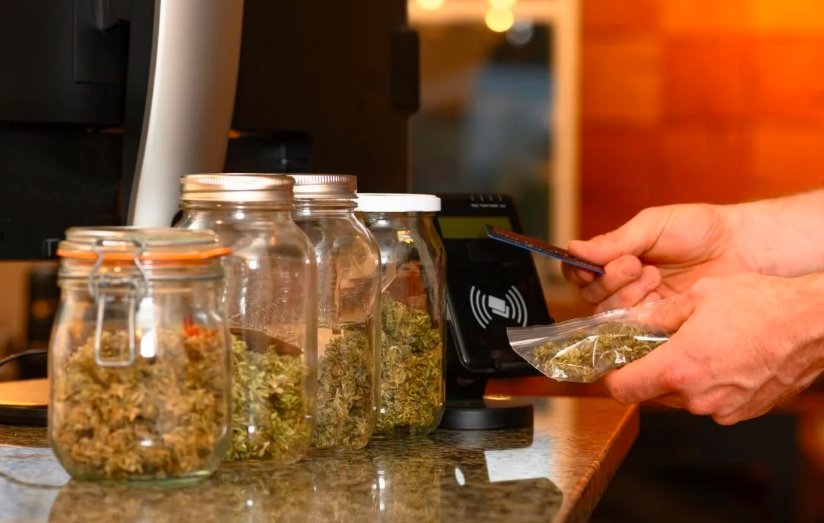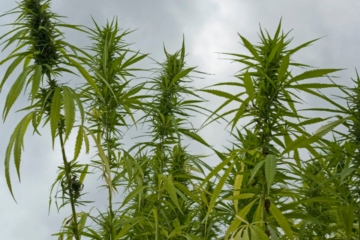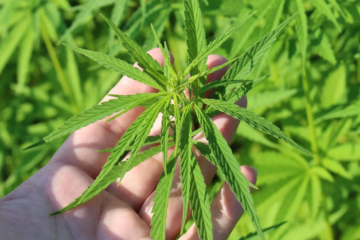A recent study has shed light on the potential of cannabis in helping individuals reduce their opioid use. Conducted by researchers at the University of Southern California (USC) and funded by the National Institute on Drug Abuse (NIDA), the study found that cannabis can significantly aid in managing opioid withdrawal symptoms and reducing opioid consumption. This discovery could be a game-changer in the ongoing battle against the opioid crisis, offering a safer alternative for those struggling with opioid addiction.
Cannabis as a Tool for Opioid Reduction
The study involved 250 participants who were authorized to use medical marijuana while being treated for chronic pain with opioid medications. Over an 18-month period, researchers monitored changes in their opioid consumption and withdrawal symptoms. The findings revealed that participants using marijuana experienced an average reduction of 31.3% in opioid use. This significant decrease highlights the potential of cannabis as an adjunct therapy for those struggling with opioid use disorder (OUD).
Participants reported that cannabis helped manage symptoms of opioid withdrawal, such as anxiety, tremors, and sleep disturbances. This relief from withdrawal symptoms enabled them to reduce their reliance on opioids. The study also found that cannabis co-use assisted in developing patterns of reduced opioid use by managing cessation-specific symptoms and decreasing opioid injection frequency.

The implications of these findings are profound, especially in light of the ongoing opioid crisis. Incorporating marijuana into treatment plans for OUD could enhance patient outcomes and provide a safer alternative to traditional opioid therapies. As the opioid epidemic continues to affect millions, this study offers hope for new treatment strategies leveraging the therapeutic potential of marijuana.
The Science Behind Cannabis and Opioid Use
Researchers conducted interviews with participants to understand how cannabis affected their opioid use. They found that cannabis provided rapid relief from opioid withdrawal, reducing the frequency of opioid use. Participants reported using cannabis substitution or co-use to manage the pain from withdrawal symptoms, such as body aches and generalized discomfort. This led to decreased opioid injection frequency and helped maintain opioid cessation.
The study also highlighted the low barrier accessibility of cannabis, which made it an attractive option for those looking to reduce their opioid use. Participants noted that cannabis was easily accessible and provided immediate relief from withdrawal symptoms, making it easier to adhere to opioid use disorder treatment. This accessibility and effectiveness make cannabis a promising tool in the fight against opioid addiction.
The researchers concluded that distributing marijuana via peer programming could significantly influence opioid use patterns. They also suggested that cannabis could be added as an opioid treatment option alongside other existing medications, potentially improving the efficacy of treatment outcomes and goals. These findings support the idea that cannabis could be a valuable tool in the multifaceted approach needed to combat opioid addiction.
Implications for Future Treatment Strategies
The study’s findings have significant implications for future treatment strategies for opioid use disorder. By incorporating cannabis into treatment plans, healthcare providers could offer a safer and more effective alternative to traditional opioid therapies. This approach could enhance patient outcomes and reduce the reliance on opioids, ultimately helping to mitigate the devastating impact of the opioid crisis.
As the opioid epidemic continues to ravage communities, the need for innovative and effective treatment strategies is more urgent than ever. The potential of cannabis as an adjunct therapy offers a glimmer of hope for those struggling with opioid addiction. Further research is needed to confirm these findings and explore the long-term effects of cannabis on opioid use disorder. However, this study marks a significant step toward understanding how marijuana can be integrated into comprehensive addiction treatment programs.
The results underscore the urgent need for continued investigation into alternative therapies that can help mitigate the devastating impact of opioid addiction on individuals and communities across the nation. As we continue to explore the potential of cannabis in treating opioid use disorder, it is crucial to ensure that patients are educated about the benefits and risks associated with cannabis use.




